A Broad Overview of Aviation Careers: The world of aviation is vast and ever-expanding. From the earliest days of the Wright brothers’ flight experiments to the advanced technologies of modern supersonic jets and spaceflight, aviation has been a field of limitless possibilities. Within this evolving landscape, a myriad of career opportunities exists for those passionate about the skies. This article aims to provide a broad overview of these careers, giving readers insights into the exciting options available in the aviation industry.
A Broad Overview of Aviation Careers

1. Introduction to Aviation Careers
Before delving deep, it’s vital to note that the aviation industry comprises more than just pilots. While piloting is a notable and glamorous profession, numerous other roles contribute to the successful operation and management of the world’s airways.
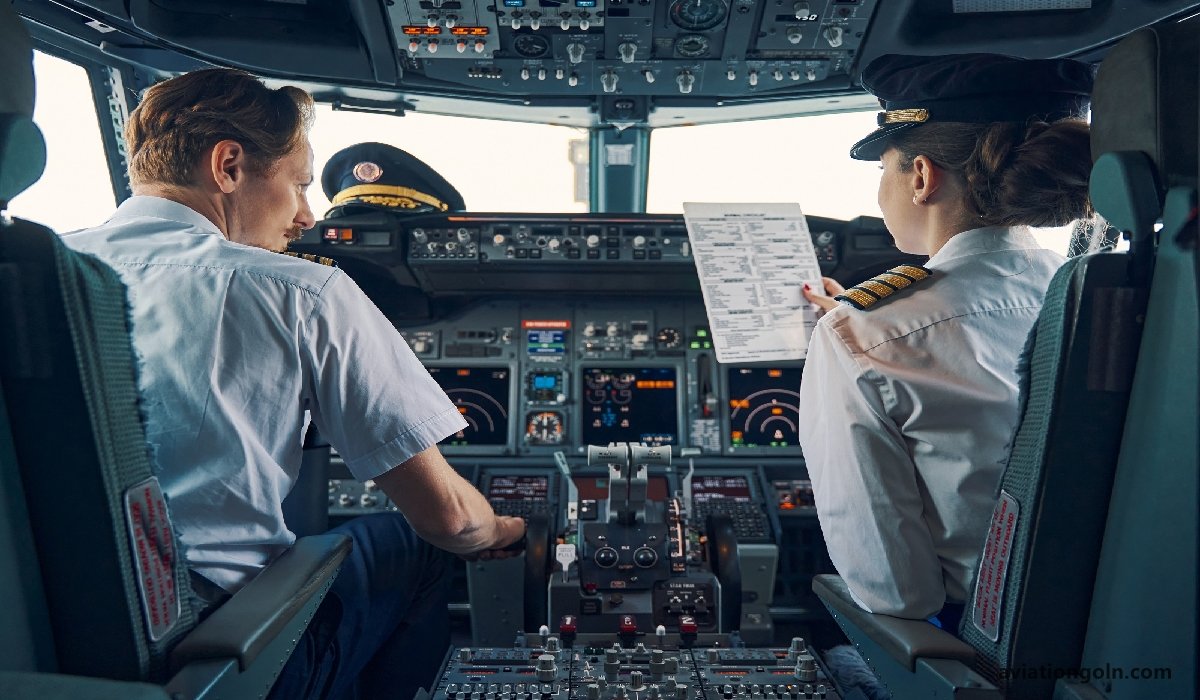
2. Commercial Pilots
Commercial pilots are perhaps the most recognized professionals in the industry. They operate commercial aircraft and ensure the safety of passengers and cargo. They often work for airlines, but they can also operate chartered flights or tours.
Requirements:
- Commercial Pilot License (CPL)
- Airline Transport Pilot License (for larger aircraft and airlines)
- Additional certifications depending on the type of aircraft
Subcategories:
- Airline Pilots: Typically fly passenger airlines.
- Charter Pilots: Fly aircraft for chartered trips.
- Ferry Pilots: Transport aircraft from one location to another.
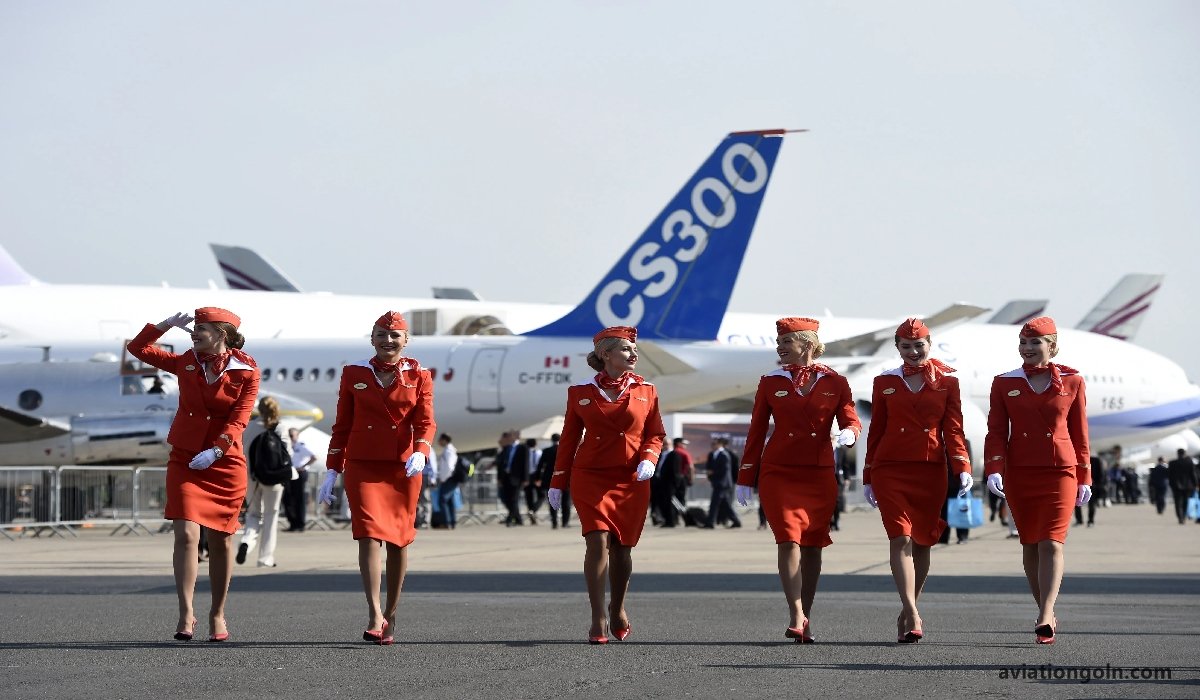
3. Flight Attendants
Flight attendants play a critical role in passenger safety, comfort, and experience. They ensure passengers follow safety guidelines and also provide services like meals and assistance during the flight.
Requirements:
- Certification from the Federal Aviation Administration (FAA) or relevant national authority
- Airline-specific training

4. Air Traffic Controllers
These individuals ensure safe takeoff, flying, and landing by directing airborne aircraft and managing aircraft movements on the ground.
Requirements:
- Specific training programs often provided by a country’s aviation authority
- Pass exams and obtain a license

5. Aerospace Engineers
Aerospace engineers design aircraft and propulsion systems and study the aerodynamic performance of aircraft and construction materials. They play a vital role in advancing flight technology.
Requirements:
- Bachelor’s degree in aerospace engineering or a related field

6. Aircraft and Avionics Equipment Mechanics and Technicians
These professionals ensure aircraft operate safely by maintaining and repairing planes. They diagnose and fix issues, and they also conduct regular maintenance checks.
Requirements:
- FAA Mechanic’s Certificate with airframe, powerplant, or A&P ratings
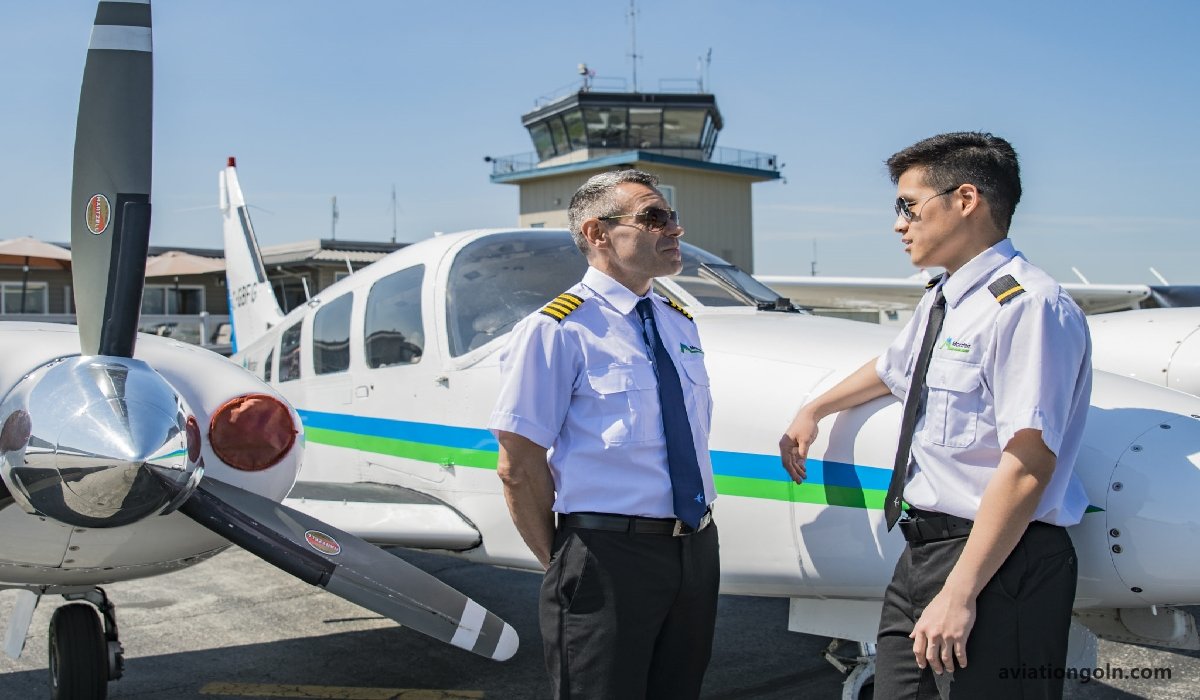
7. Flight Instructors
Flight instructors train aspiring pilots, both private and commercial. They instruct on the ground and in the air, teaching navigation, communication, and aircraft operation.
Requirements:
- Commercial Pilot License
- Certified Flight Instructor (CFI) rating
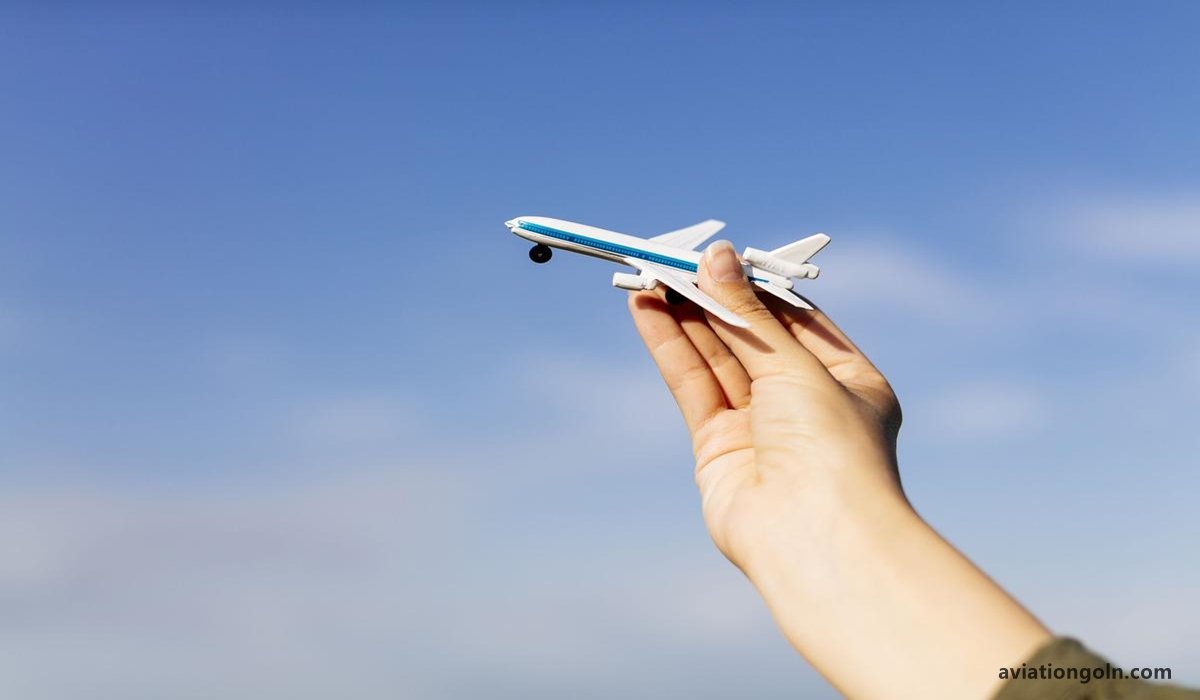
8. Aviation Managers and Airport Operations
Individuals in these roles manage the operations of airports, ensuring efficiency, safety, and coordination between different departments. They can also be involved in business aspects like strategy and planning.
Requirements:
- Bachelor’s degree in aviation, business, or related field
- Specific training programs and certifications
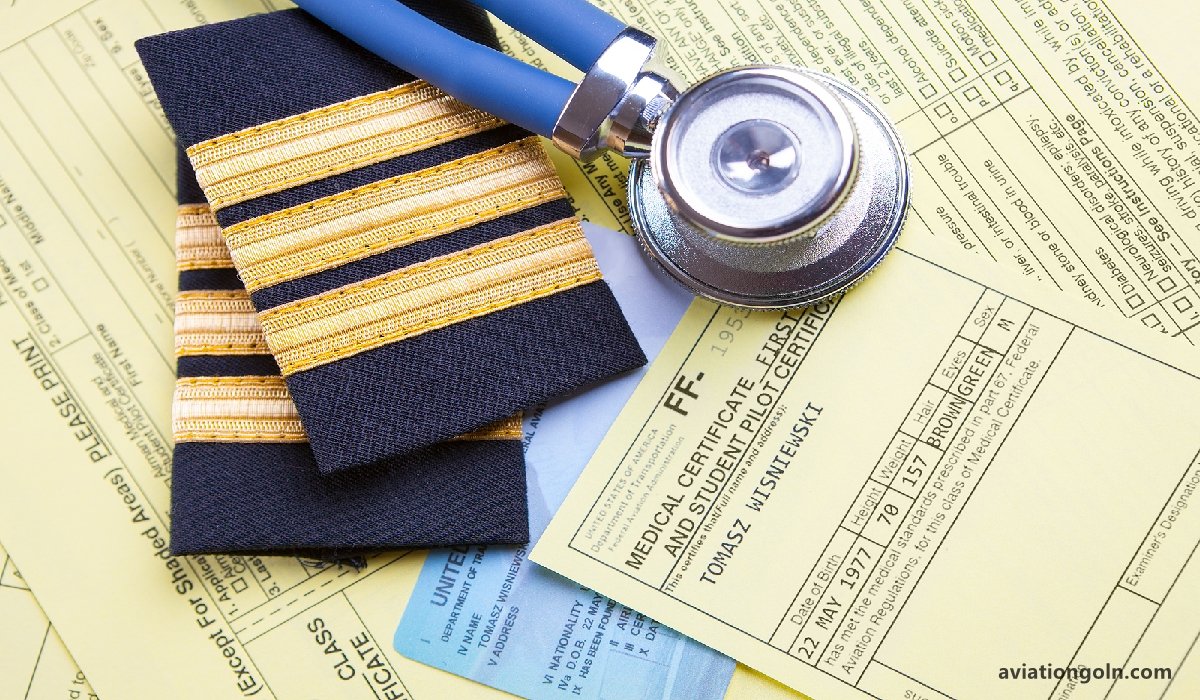
9. Aviation Medical Examiners and Psychologists
Pilots need to maintain a certain level of physical and mental health. Aviation medical examiners conduct the required physical examinations, while aviation psychologists assess and support the mental well-being of aviation personnel.
Requirements:
- Medical degree for examiners
- Doctorate in psychology with specialization in aviation for psychologists
10. Aviation Journalists and Photographers
These are professionals who cover news, advancements, and stories related to the aviation industry. They can be writers, reporters, photographers, or videographers.
Requirements:
- Degree in journalism or relevant field
- Specialization or experience in aviation can be beneficial
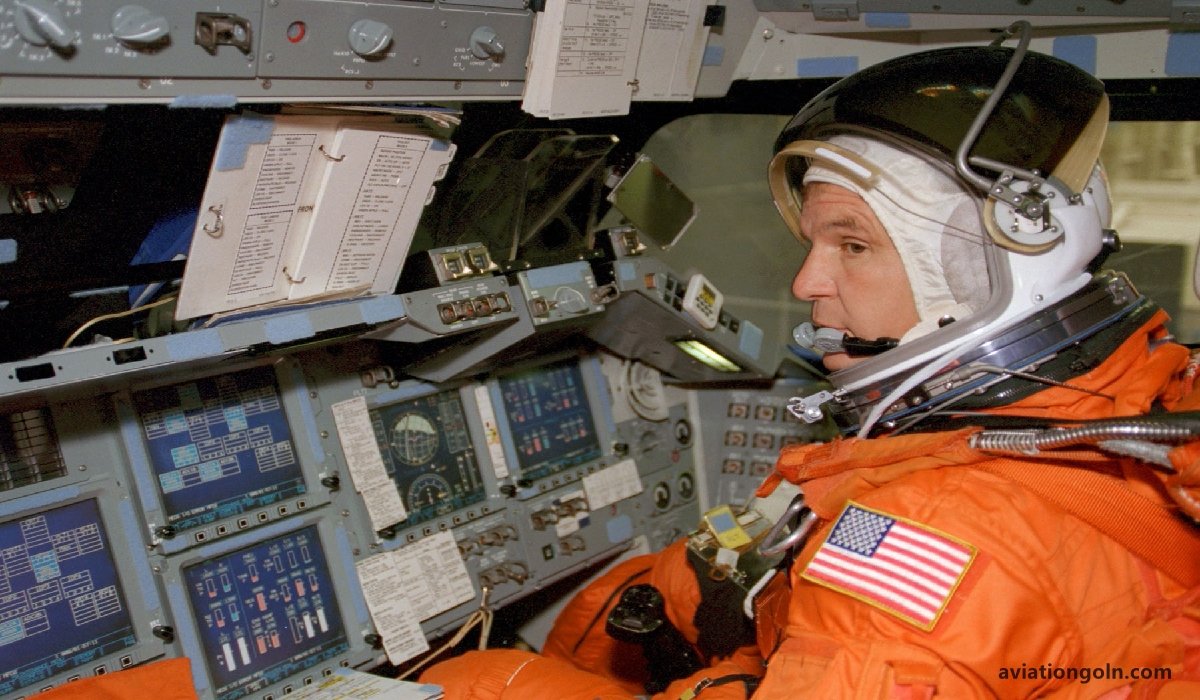
11. Space Pilots and Astronauts
With advancements in space exploration and commercial spaceflight, there’s an emerging career field for pilots in space. These professionals operate spacecraft and conduct experiments in space.
Requirements:
- Intense training provided by space agencies or companies
- Background in piloting, engineering, medicine, or related fields

12. Drones and Unmanned Aerial Systems (UAS) Professionals
Drones are becoming increasingly relevant, from photography and agriculture to defense. Professionals in this field operate and manage drone flights.
Requirements:
- UAS Pilot License (requirements vary by country)
- Specialized training depending on the application
The aviation industry, with its myriad of roles, offers diverse opportunities for individuals with different skill sets and passions. Whether you’re enticed by the thrill of piloting, the technicalities of engineering, the business side of airport management, or the creative aspects of journalism, there’s something in aviation for you.
As the industry grows and evolves, especially with advancements in spaceflight and drone technologies, the horizon of opportunities expands. For those ready to take the leap, the sky isn’t the limit; it’s just the beginning.
